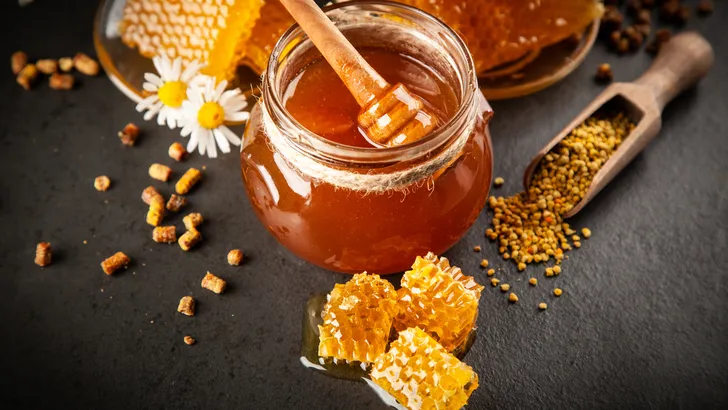Here’s what you can do about bloating
We’ve all been there. You were enjoying a delicious meal and suddenly you experience bloating. A pretty unpleasant experience. Fortunately, there are some things you can do about it.
Feeling bloated is something we would rather be poor than rich. However, it’s not uncommon and many of us have to deal with it from time to time. The feeling often results from a digestive imbalance or a higher presence of gas in the gastrointestinal system. Fortunately, there is something you can do about all that rumbling – and the accompanying odors. Eszter Toth, nutritional biotechnologist at Atida Pure, shares advice.
Herbs and oils
First, herbal teas such as peppermint, fennel and lemon balm are popular methods many people use to reduce bloating. The herbs can help relax and soothe the smooth muscles in the intestines, which helps relieve gas. Don’t like tea? Then you can also try peppermint oil. However, always check with your doctor to see if this is an option for you if you are taking certain medications.
Mindfulness
Mindfulness has many valuable benefits for our overall well-being. For example, it can help to eat consciously and slowly and really take the time to enjoy each bite. By doing so, you swallow less air when eating and prevent belly bloating. In some cases, bloating is a result of stress. Mindfulness movements such as yoga or meditation can help you experience less stress.
Exercise
Sufficient exercise can also reduce stress. In addition, exercise stimulates proper functioning of your intestines and the digestive process. Win-win. Try to be active for about half an hour a day. Don’t feel like an extensive workout? Then grab a bike more often or try to take a walk around the block on your lunch break during your workday. In particular, a walk after dinner can help prevent bloating.
Food diary
It can also help to keep an eating diary and observe how your stomach reacts to certain meals. Foods that many people are sensitive to and so you can mainly watch out for are:
- Dairy products;
- Cruciferous vegetables, such as broccoli, cauliflower and cabbage;
- Legumes, such as beans and lentils;
- Artificial sweeteners, for example in chewing gum and specifically sugar alcohols;
- Fiber, they are good for our digestive system, but should be added to your diet gradually (for example, don’t switch everything to whole grain at once, but do this step by step).
Intestinal flora
Finally, our gut flora affects our overall health, including digestion. Therefore, taking probiotics can also help with bloating and other digestive problems. In addition, a balanced and varied diet is important for our general well-being and digestion.
If you experience regular bloating or if the symptoms persist for a very long time, consult your doctor to be sure. In fact, bloating can in some cases indicate a medical condition.
Source: Marie Claire NL







